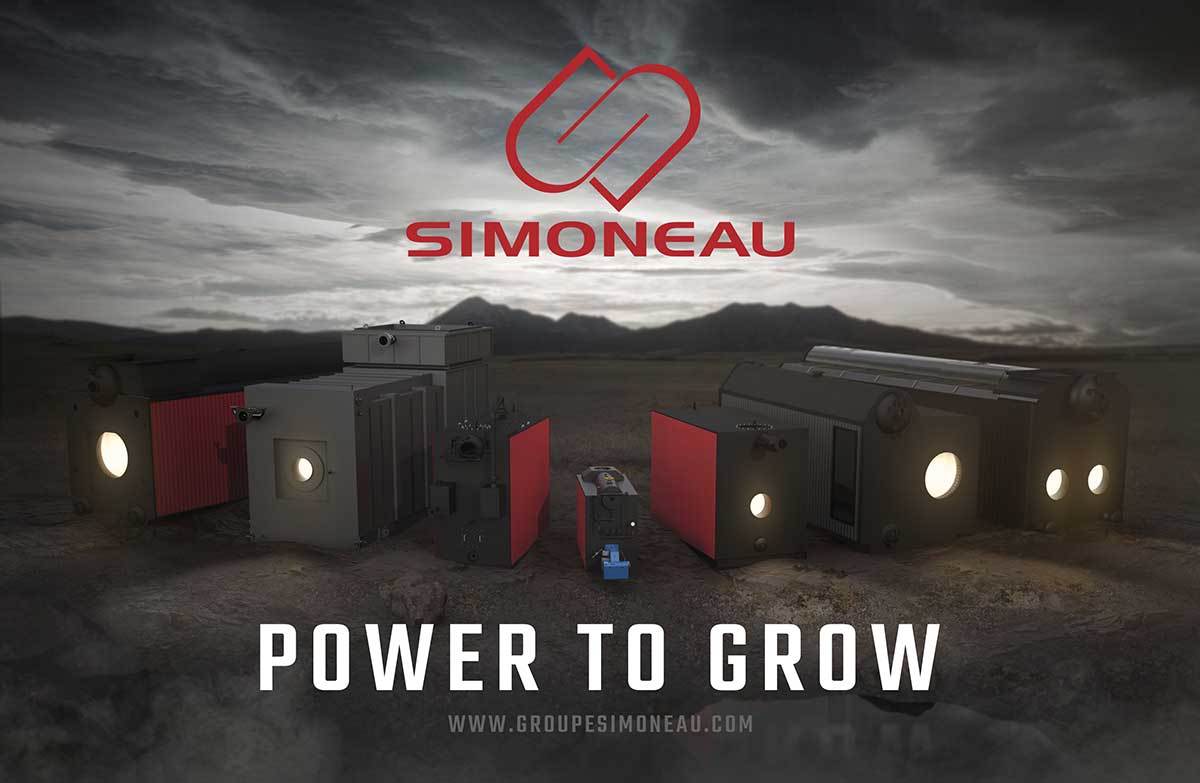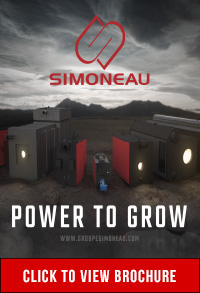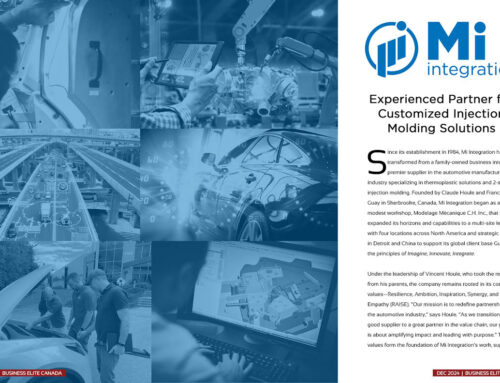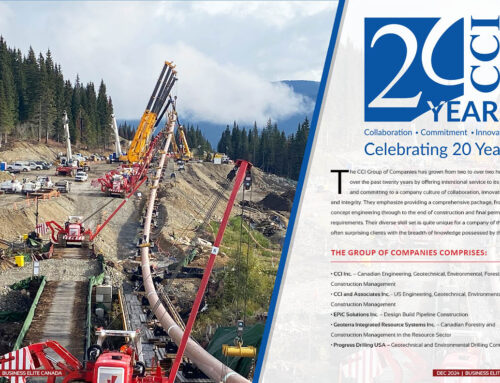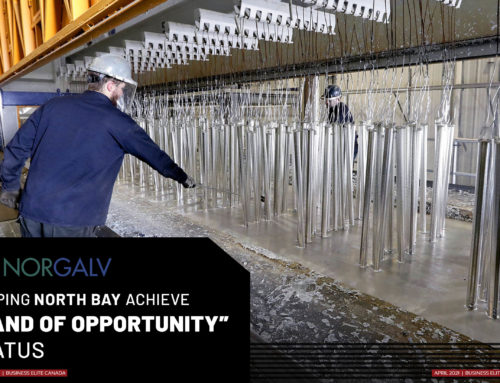From water heating to cooking and sanitation, boilers contribute immensely to the comforts of modern life. Despite major advancements in boiler engineering and technology, some of the designs currently used date back more than 150 years. Early boilers powered trains and ships and later, boilers pushed powerhouses like the United States through the Industrial Revolution. The boiler industry grew to even greater heights during the industrial boom after the Second World War when demands were high.
Like the United States, Canada’s boiler industry has provided lucrative business for years and years. Groupe Simoneau is one example of a family-run operation that has been in the boiler business since 1984. Located in the Greater Montreal Area, the company caters to a number of industries, including municipal government buildings, universities and hospitals.
Nancy Simoneau, the company’s president, became involved in its day to day operations even before she finished her university studies. She joined the family business in 1988, supporting her father, a high pressure welder and boilermaker, in every way she could. As a chartered management accountant by trade, her specialty was numbers and so she focused her efforts on accounting and procurement.
At that time, the company specialized in boiler repair. But Nancy had a bold new vision for Groupe Simoneau. She wanted to design and manufacture boilers. In the 1990s, she approached her father with the idea of becoming a manufacturing company rather than staying as a service company.
“It’s good to be a service company, but I think we create a little bit more value to our business by being a manufacturing company and owning our own designs,” Nancy said. “But I had nothing at that time. No designs, no engineers and no certification to be manufacturing equipment.” Nonetheless, she soon spearheaded the manufacturing division of the company, having developed a relationship with an engineering firm that designed boilers. Groupe Simoneau was soon building boilers as a subcontractor.
“After two years, I said to myself, you don’t own those designs. We’re just a subcontractor, so I thought that we were at risk. We had our feet on the pedal of a bicycle, but we weren’t heading in the direction that we wanted to be going,” Nancy said. This foresight compelled Groupe Simoneau to purchase the engineering firm. With that, the company’s creativity went into high gear. Nancy and her team started to design many different types of boilers and have even patented a number of designs.
When Nancy first joined the company, revenues had not even reached $1 million. By the time her father retired in 2001, the company was doing very well with sales reaching $15 million. With Mr. Simoneau being the great salesman that he was, the company took a $5-million hit upon his departure, but his daughter ensured a quick turnaround by developing a brand new customer base.
“I wanted to get more repeat business and develop a solid customer base that would be requesting products more frequently. Now sales have reached between 25 to 30 million dollars,” she said, adding that this growth has been accomplished in a slow market. Since 2008, people have been more focused on repairing old equipment instead of buying new, she said.
One of the key drivers behind the company’s growth has been the innovation behind its product line. Last year, more than five per cent of the company’s revenue was devoted to research and development. Compared to the rudimentary designs of a century ago, boiler technology has come a long way. Advancements have allowed boilers to be eco-friendly, which is a specialty of Groupe Simoneau.
“We still have to burn gas for production so I said to myself if we have to do it, let’s do it the better way,” Nancy said.
These environmentally friendly boilers are not only fuel efficient, they are designed with low emission and energy loss prevention in mind. Boiler emissions standards are becoming more and more stringent, which means that older boilers may not live up to legal emissions rates, but purchasing a new boiler from Groupe Simoneau means peace of mind. The best part is that performance and output are not compromised.
The other reason why the company is so successful is its global footprint. “I am an explorer. I always say that my province is not big enough for me. I have to go out and see things. Being like that, it was natural for me to go and export our product,” Nancy said. In the boiler industry, it is simply not possible to be restricted to one region. When products can last anywhere between 25 to 50 years, export is necessary. The interior market is too small, especially in Quebec, which is why Groupe Simoneau sells equipment in the United States, South America, the Middle East and Africa.
Regardless, Nancy admits that Canada is a big country with plenty of opportunities for growth, which was why Groupe Simoneau acquired Sterling Combustion in Georgetown, Ontario last October. This is the initial step to penetrating the market outside of Quebec, said Nancy. She expects this growth to eventually expand into the United States.
Smart choices like this proves Nancy’s aptitude for business, and this has not gone unnoticed. Recently, she was recognized as Businesswoman’s Entrepreneur of 2016 by the Réseau des Femmes d’Affaires du Québec (Businesswoman Network of Québec). She is also very involved with entrepreneurs in her region and sits on the Table d’Action en Entrepreneuriat de la Montérégie (TAEM), which advises government on what it should do for young businesspeople and startups in the South Shore of Montreal.

